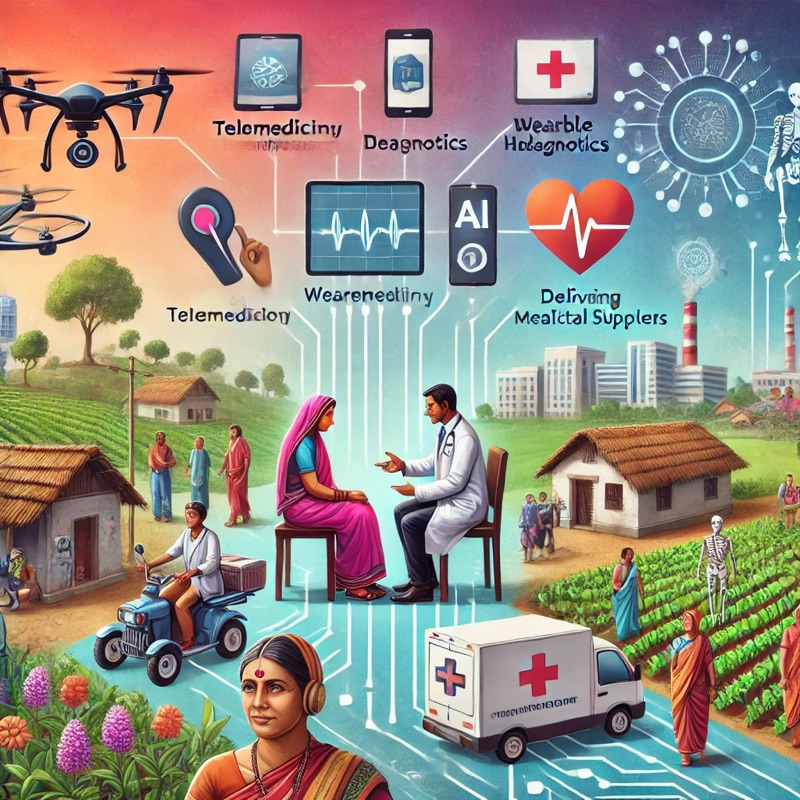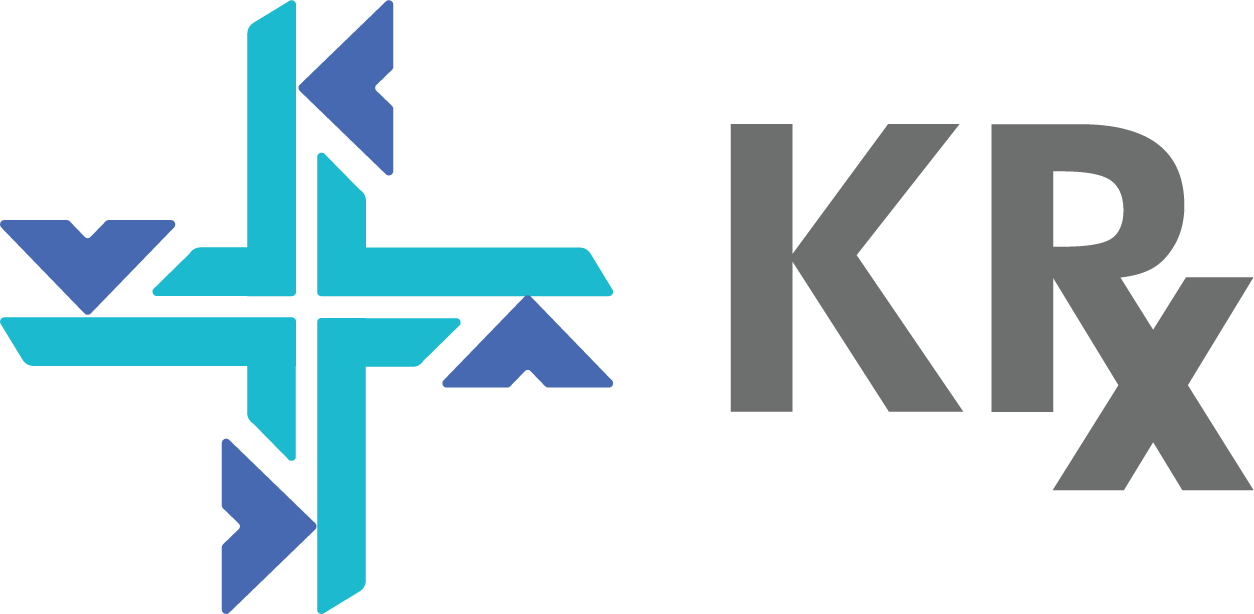Empowering Health: India’s Journey to Patient-Centric Care “The future of healthcare is not about fixing the broken parts of the system, but about reinventing the entire system to be more patient-centric, data-driven, & accessible.” – Sundar Pichai, CEO of Google

Over the past five years, I’ve witnessed a profound transformation in India’s healthcare landscape. What was once a system heavily reliant on providers, where patients had limited involvement, has evolved into one where individuals actively manage their health with the help of cutting-edge technology & innovative solutions.
Five years ago, healthcare in India felt disconnected. Access to quality care was a significant challenge, especially in rural areas. I remember visiting hospitals where paper-based records dominated, causing inefficiencies & delays in treatment. For many, telemedicine was unheard of, & wearable health devices were a luxury used by less than 2% of the population.
Today, the difference is astounding. Telemedicine has become a lifeline for millions. Platforms like Practo & Apollo 24/7 enable consultations that were impossible a few years ago. The Ayushman Bharat Digital Mission empowers people nationwide to manage their health data through a unique Health ID, offering seamless access to medical history & services.
Wearable devices have been another game-changer. With nearly 18% of the population now using them, these tools help people monitor fitness levels & health metrics daily. Preventive healthcare, once an afterthought, has become a major focus. The market has grown to $187B, reflecting a shift toward proactive health management.
What strikes me most is how accessible healthcare has become. Apps like HealthifyMe & Cure.fit have made fitness & nutrition guidance more personalized than ever before. Transparency, convenience, & patient-centricity are now integral to the system.
Looking to the future, the possibilities excite me. Artificial intelligence & genomics are poised to revolutionize diagnostics & treatment. The idea that 80% of diagnostics could soon happen at home through AI-powered tools feels revolutionary, & genome sequencing becoming affordable at ₹10,000 could unlock personalized care for millions. Rural telemedicine adoption is expected to double by 2028, bridging the accessibility gap. IoT-enabled wearables will allow real-time health monitoring, & mental health services will finally get the attention they deserve through digital platforms.
India’s digital health market, valued at $4B today, is projected to grow to $9.8B by 2030. Overall, the healthcare market is expected to expand from $196B to $372B by 2028.
Having witnessed this shift firsthand, I can confidently say consumerization is reshaping healthcare in ways I never imagined. It’s not just about technology—it’s about empowering individuals to take charge of their health, backed by systems designed to support them. The future of healthcare in India is undoubtedly consumer-driven.

